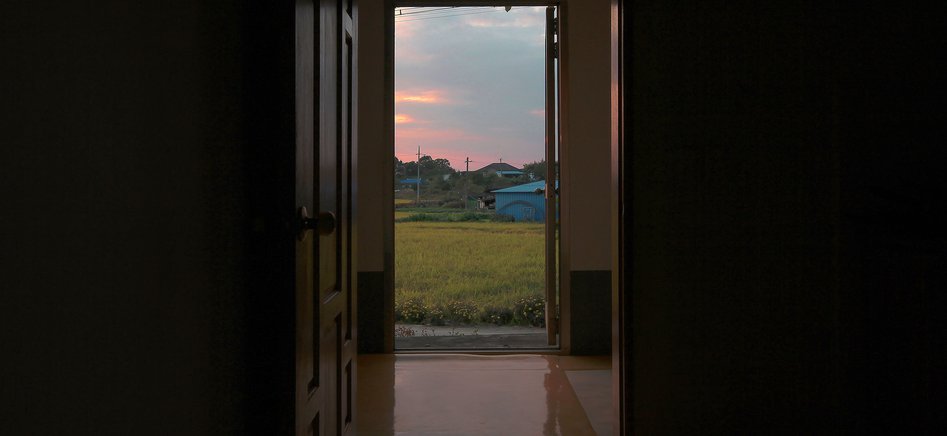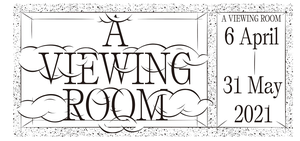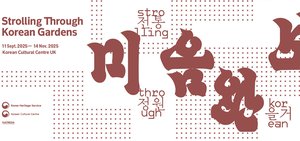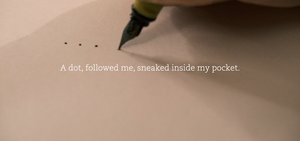A Viewing Room: Cha Ji Ryang

Online exhibition: Moving Images
Living the times in which our physical and mental health are heavily challenged, Jeamin Cha and Cha Ji Ryang question the conditions of living as a human being and the psychological response to the complexities of the modern system.
In this rather dystopian era triggered by the pandemic, our society is met with collateral casualties who experience depression, anxiety and emotional contagion. Jeamin Cha’s Sound Garden (2019) focuses on the act of counselling as a tool for self-investigation, and the entangled relationship between mental health and neoliberalism. In her work, the act of counselling reflects its practicality as a systemic function of rehabilitation for people who fail to adapt to the highly-structured society, ultimately redirecting them to reality. Similar to her previous work On Guard (2018) where the protagonist’s social and private positions are contravened between the ideas of ‘caring’ and ‘guarding’, Cha again pinpoints this paradox of ‘treating’ and ‘training’ of patients through counselling within the context of capitalism. As one of the counsellor’s comments in the film, “Nobody can completely break away from the system that they’re in.”, the cultivated and transited trees for commercial use are reminiscent of us living in the moment. And Sound Garden further testifies that the roots of fear and confusion in the present society is not a mere product of the virus, but a result of our inability to heal our minds and the continued social neglect of these contemporary issues.
Whilst Jeamin Cha looks into the subjects of social structure, individuals within the system, and the alienated forms of people, Cha Ji Ryang unfolds his imagination through the cracks embedded in the social system. His work, After Life (2020) is a non-fictional video work produced through personal experiences of living in a small rural village called Naesae, which in English can be translated as ‘after life’. Through his soul-searching journey and voluntary migration to an unrealistically peaceful space, he celebrates a private but communal moment, recreating a ritual of community. In times when social distancing is perceived as a form of social vaccination, the viewers are invited to meditate on the life outside of the systems and our urban society, and re-think about individuals who negotiate daily under the unprecedented environment we are all facing.
Cha Ji Ryang, After Life
Cha Ji Ryang’s After Life (2020) is a 30-minute video with self-composed music based on the artist’s short-term experience of living in the small rural town called ‘After life’. This 3-channel video is filled with lingering shots of the village ‘After life’, an area that is currently almost abandoned. Though, it has been depicted as rather romantic; clouds in the sky, sunlight after a long rainy season, highlighting the natural changes of the seasons. With the visual narratives, Cha also employs socially engaging practices and participatory forms by creating a picturesque performance of the elderly in the village. By observing the movements of a mundane life accompanied by therapeutic music, the film provides the idea of continuance and the potential forms of collective healing to defy the crisis.
Artist Bio:
CHA Ji Ryang has led numerous media-based participative projects and worked on initiating theme-based sites that focus on systems and individuals. He produced Midnight Parade (2010), Temporary Enterprise (2011), New Home (2012), K-Refugees Series (2014-), BATS Project (2016-), BGM (2018), Only people who decided to leave, can see everything (2012.12.20-2019.12.20), which have been presented through various media including exhibitions, interdisciplinary arts, and film festivals.
Credit:
This video has been selected by Jaemin Cha




